Mark Anthony Neal's Blog, page 12
March 11, 2023
Jazz Night in America | Exploring the Many Orbits of Jazz Legend Wayne Shorter

'Jazz Night in America takes a moment to commemorate Wayne Shorter and his eternal body of work – with concert performances, unaired interviews and music picks from our host Christian McBride.'
Sound Field | How This Drum Beat Changed Hip Hop Forever
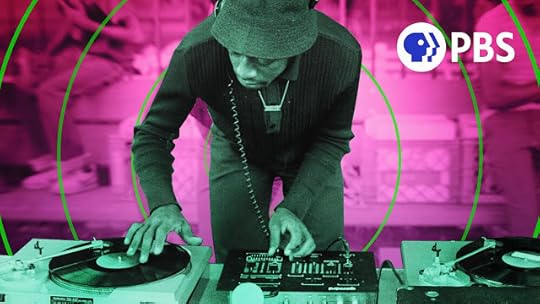
'In this music documentary, hosts Arthur "LA" Buckner and Linda Diaz delve into the history of James Brown's "Funky Drummer" beat, tracing its impact on Hip Hop music and the cultural significance of this iconic rhythm. From speaking with Hip Hop producers and those close to drummer Clyde Stubblefield, this series uncovers the story of the drummer who created this defining sample, but was never properly credited for his work. Discover the untold story of the man behind the drums and how his simple beat changed Hip Hop forever.'
March 10, 2023
Left of Black S13 · E15 | Black Women and Yoga with Dr. Stephanie Yvette Evans
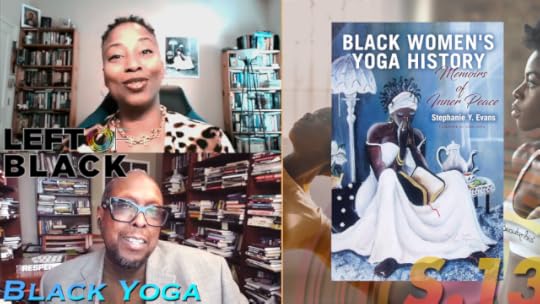
Yoga has long been a practice meant to help people center themselves through meditative stretching exercises. But what is the history of this eastern practice among African American women, particularly as a means of coping with the stress of daily life in the US? Dr. Stephanie Yvette Evans, Professor and Affiliate Faculty at the Center for the Study of Stress, Trauma & Resilience at Georgia State University, joins Left of Black host and Duke University Professor Mark Anthony Neal to discuss her latest book, Black Women's Yoga History: Memoirs of Inner Peace published by SUNY Press.
New Books Network: Lee D. Baker – ‘From Savage to Negro: Anthropology and the Construction of Race, 1896-1954'
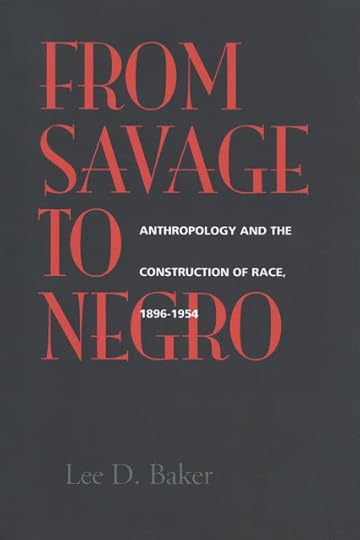
'On this episode we are celebrating the 25th anniversary of the publication of Dr. Lee D. Baker’s book From Savage to Negro: Anthropology and the Construction of Race, 1896-1954 (University of California Press, 1998), which examines the relationship between the discipline of anthropology and the construction of racial categories used for African Americans in the United States. Baker analyzes how “ideas about racial inferiority were supplanted by notions of racial equality in law, science, and public opinion”. Lee D. Baker is the Mrs. A. Hehmeyer Professor of Cultural Anthropology, African & African-American Studies, and Sociology at Duke University. He is the author of From Savage to Negro: Anthropology and the Construction of Race, 1896-1954 (University of California Press, 1998) and Anthropology and the Racial Politics of Culture (Duke University Press, 2010). He edited Life in America: Identity and Everyday Experience (Blackwell, 2004).
Host Reighan Gillam is Associate Professor in the Department of Anthropology at the University of Southern California. She is the author of Visualizing Black Lives: Ownership and Control in Afro-Brazilian Media (University of Illinois Press).'
Into America with Trymaine Lee – Street Disciples: Broken Glass Everywhere
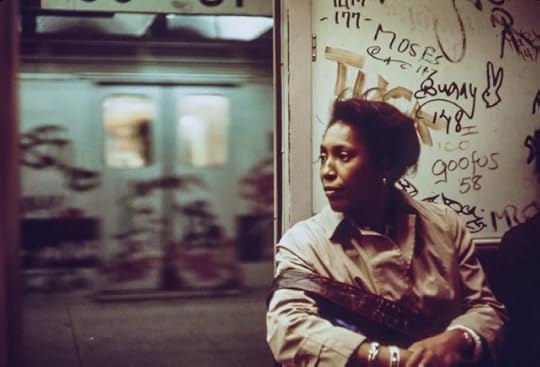
'By the 1980s, hip-hop artists were beginning to expand the party culture of hip-hop's early years and think about what they wanted to say with their music. Faced with a city wrecked by economic abandonment and neglect, Grandmaster Flash and the Furious Five released “The Message” in 1982, calling out the conditions head-on: “rats in the front room, roaches in the back, junkies in the alley with a baseball bat.” But with the growth in the culture came a crackdown on Black America: in the form of “broken windows” policing, and then a ramped up War on Drugs. In the second episode of “Street Disciples,” Trymaine Lee hears from: Melle Mel of the Furious Five, fashion designer Dapper Dan, graffiti artist Cey Adams, sociologist Tricia Rose, historian Mark Anthony Neal, and hip-hop activist Harry Allen.'
PBS NewsHour | How Award-winning Poet Nikky Finney is Bringing New Life to Her ommunity
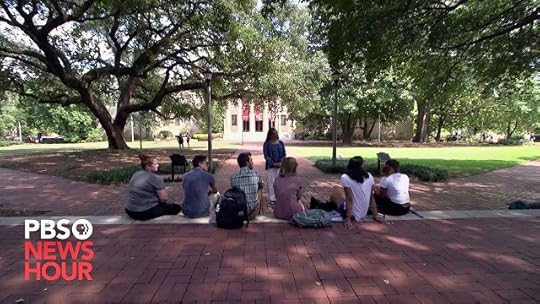
'Nikky Finney is a National Book Award winning-poet, professor and advocate for social justice and cultural preservation. Jeffrey Brown went to South Carolina to see how that mission has now taken on very personal meaning. It’s part of our arts and culture series, CANVAS.'
NPR | How Black Resistance Has Been Depicted in Films Over the Years
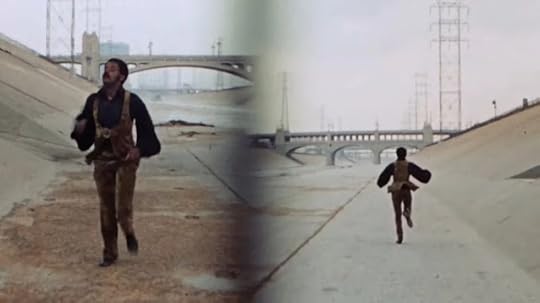
'From Something Good — Negro Kiss to Sweet Sweetback's Baadasssss Song, Black cinema has long served as a form of resistance. Maya Cade believes this was one of Black cinema's charges and still serves as a form of resistance to this day. Cade is the creator and curator of the Black Film Archive, a digital archive centered on Black cinema that dates back to the late 19th century, and she is a scholar-in-residence at The Library of Congress. In an interview with NPR's Ailsa Chang, Cade unpacks the innumerable modes and threads of Black resistance from the late 19th century to today.'
Alabama Artist Works to Correct Historical Narrative Around Beginnings of Gynecology
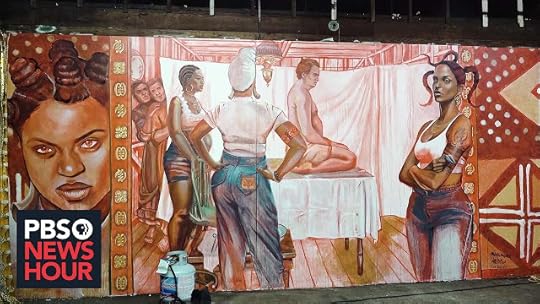
'The history of gynecology as a medical specialty has deep roots in the American South, but that legacy is as complicated as the history of the South itself. In partnership with the Under-Told Stories Project at the University of St. Thomas in Minnesota, Fred de Sam Lazaro reports about Michelle Browder from Montgomery, Alabama, for our arts and culture series, CANVAS, and the series Agents for Change.'
The Big Take | Cities Test A New Way To Reduce Police Violence
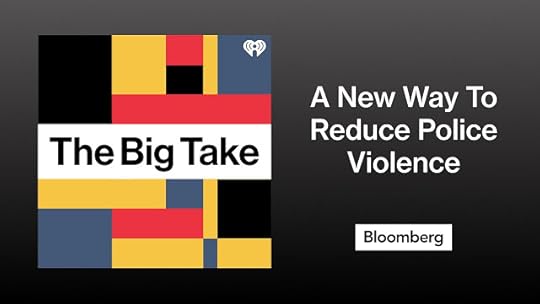
'Traffic stops are the most common way people come into contact with the police. After the January death of Tyre Nichols, who was beaten following a police stop in Memphis, some cities are trying to limit how often these stops occur. Philadelphia, Pittsburgh, San Francisco, and the state of Virginia have taken measures to curb stops for minor violations, which disproportionately affect people of color–and sometimes turn violent. Bloomberg reporters Sarah Holder and Fola Akinnibi join this episode to talk about why traffic stops have become such a widespread problem, and how police departments are responding to limits to their authority. And Philadelphia councilman Isaiah Thomas explains how his legislation aims to increase public safety.'
UpFront | Neil deGrasse Tyson on Truth, Disinformation and Propaganda

'For the first time ever, astronomers were able to capture an image of a supermassive black hole at the centre of our galaxy; NASA’s Hubble Space Telescope identified the most distant single star ever observed; and the launch of the James Webb Telescope delivered the sharpest image of the distant universe to date. But despite these groundbreaking advancements, science is facing a crisis of legitimacy. Public distrust in science is on the rise and scientific misinformation continues to flourish online. In an UpFront special, Neil deGrasse Tyson, renowned astrophysicist, director of the Hayden Planetarium, and author of Starry Messenger: Cosmic Perspectives on Civilization, joins Marc Lamont Hill to discuss space exploration, scientific disinformation and propaganda.'
Mark Anthony Neal's Blog
- Mark Anthony Neal's profile
- 30 followers



